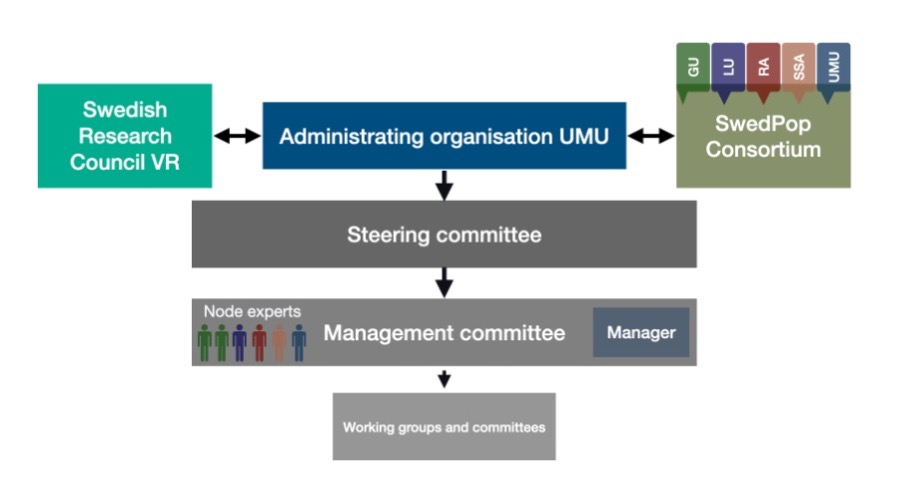About SwedPop
SwedPop is a national research infrastructure with harmonised individual-level, life-course, cross-sectional and panel data, covering large parts of the Swedish 19th and 20th century population over long time periods. The infrastructure offers access to census data with national coverage as well as linked individual level data with a large number of demographic and socio-economic variables covering different social and geographical settings, including the largest cities Stockholm and Gothenburg.
Data is collected from six of the most important historical population databases in Sweden. Read more about each database here.
SwedPop is funded by the Swedish Research Council and a consortium including the Universities in Umeå, Lund and Gothenburg, the Swedish National Archives and the Stockholm City Archives.
Administrating Organisation
The SwedPop research infrastructure is supported by a consortium of five organisations: Umeå University (UmU), Lund University (LU), Gothenburg University (GU), the Swedish National Archives (RA) and the Stockholm City Archive (SSA), with UmU as the administrating organisation. UmU is also the host and coordinator of the infrastructure. The terms of the collaboration and the responsibilities of the parts are set out in a joint consortium agreement (CEDAR-5.B1-12-25).
ORGANISATION
Director
Elisabeth Engberg elisabeth.engberg [at] umu.se
Steering Committee
SwedPop is managed by a national governing board, in which each part in the consortium is represented. The board is appointed by the administrating organisation for a period of 5 years, in joint consultation with the consortium partners and the Swedish Research Council. The governing board is responsible for strategic decisions regarding budget, organisation, policies and development of the infrastructure. It convenes at least two times a year and is chaired by the administrating organisation, Umeå University.
Members
Professor Susanna Fellman, Gothenburg University, chair
Professor Lars-Fredrik Andersson, Umeå University
Professor Martin Hällsten, Stockholm University
Professor Therese Nilsson, Lunds University
Professor Lotta Vikström, Umeå University
Management Committee
The operative work in SwedPop is managed by an operational board with experienced and scientific competent experts from each partner of the consortium. It is appointed by the governing board for a period of five years. The operational board constitutes the scientific leadership of the infrastructure and organizes and supervises the operative work, ensuring that standards, tools and databases are developed according to best practice and with high scientific quality.
Members 2023-2026
Elisabeth Engberg, CEDAR/DDB, Umeå University, chair
Christer Lundh, Gothenburg University
Johan Gidlöf, Stockholm City Archive
Martin Dribe, CED, Lund University
Mats Berggren, Swedish National Archives
Annika Tergius, Swedish National Archive
Nodes
CEDAR/Demographic Data Base, Umeå University
Centre for Economic Demography, Lund University
Unit for Economic History, Gothenburg University
National Archives, Stockholm
Stockholm City Archive, Stockholm
Node managers
Mattias Sandström
Martin Dribe
Christer Lundh
Mats Berggren
Johan Gidlöf

Latest Operational Documents
